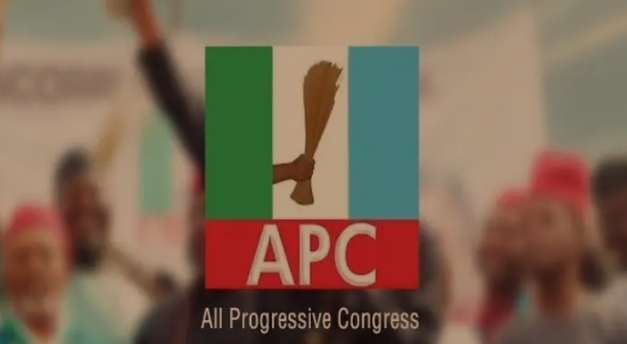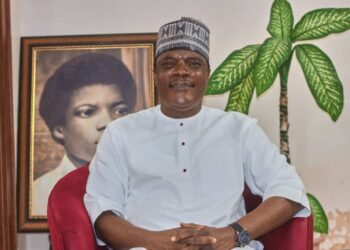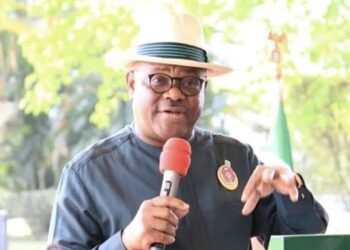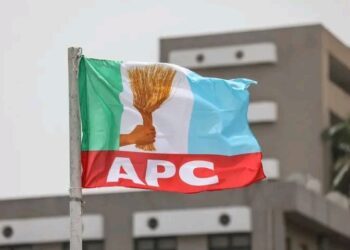In a significant political development, seven opposition parties have joined forces to create Concerned Political Parties (CCPP), aiming to counter the alleged attempts by the ruling All Progressives Congress (APC) to establish a one-party state in Nigeria.
Peoples Democratic Party (PDP), New Nigeria Peoples Party (NNPP), Social Democratic Party (SDP), African Democratic Congress (ADC), Young Progressive Party (YPP), Allied Peoples Movement (APM), and Zenith Labour Party (ZLP) have united under CCPP’s banner.
At a gathering held at the SDP national secretariat, representatives from these parties addressed journalists on the coalition’s formation, expressing their commitment to strengthening democracy and offering robust opposition to the APC.
Responding to the coalition, the Labour Party declared itself as the Third Force in Nigeria’s political landscape.
The party asserted its independence, emphasizing that the seven parties forming the coalition did so independently, without approaching the Labour Party.
Shehu Musa Gabam, the national chairman of SDP, conveyed the coalition’s concerns about the federal government’s budgetary approach, stating that mere theories cannot address Nigeria’s economic challenges.
Setinji Koshoedo, the acting national secretary of PDP, emphasized that the coalition aims to provide a formidable opposition for the benefit of Nigeria.
He urged the government to review its policies, citing a lack of strategic solutions to the nation’s problems.
Ralf Nwosu, the national chairman of ADC, underscored the coalition’s goal to fortify democracy, expressing concerns about attempts to stifle viable opposition.
He pointed to instances in states like Kano and Plateau as indicators of a potential shift towards a one-party state.
Abba Kawu Ali, the acting national chairman of NNPP, reiterated the coalition’s faith in the judiciary and the Supreme Court’s power to rectify electoral discrepancies.
He expressed discontent with decisions contrary to the will of millions of voters, urging the judiciary to uphold fairness.
Obiora Iffoh, the national publicity secretary of the Labour Party, acknowledged the coalition of the seven parties as a group of like-minded entities.
Despite not being invited, Iffoh asserted that as the third-largest political party in Nigeria, the Labour Party should play a leading role in opposition.
Gabam critically assessed the Bola Tinubu administration, particularly focusing on the Renewed Hope Budget.
He advocated for a budget that aligns with Nigeria’s operational needs, cautioning against a theory-based and borrowing-heavy approach.
Gabam also called on the National Assembly to review the budget for the country’s overall benefit.
Gabam expressed concerns about the judiciary’s independence and urged caution in the face of political influence.
He highlighted recent developments in Zamfara, Nasarawa, Kano, and Plateau States as reasons for the judiciary to exercise extreme caution in its decisions.
Addressing the nation’s security situation, Gabam called on the president to intensify efforts to secure lives and properties.
He emphasized the need for a secure environment to attract domestic and international investments.











